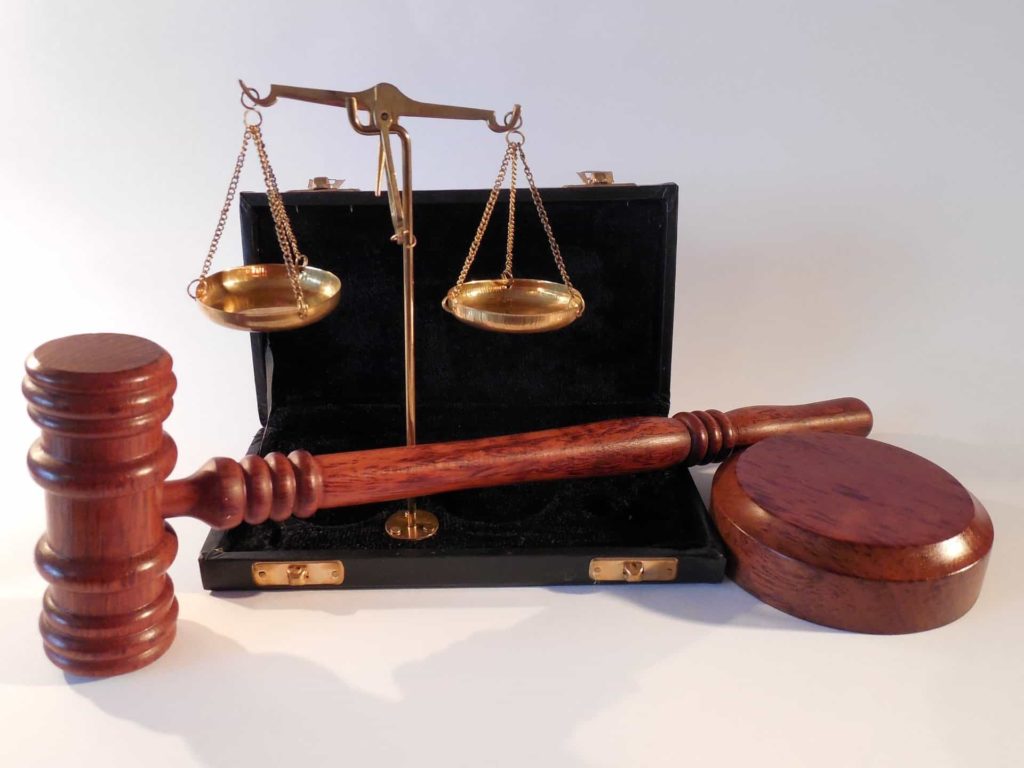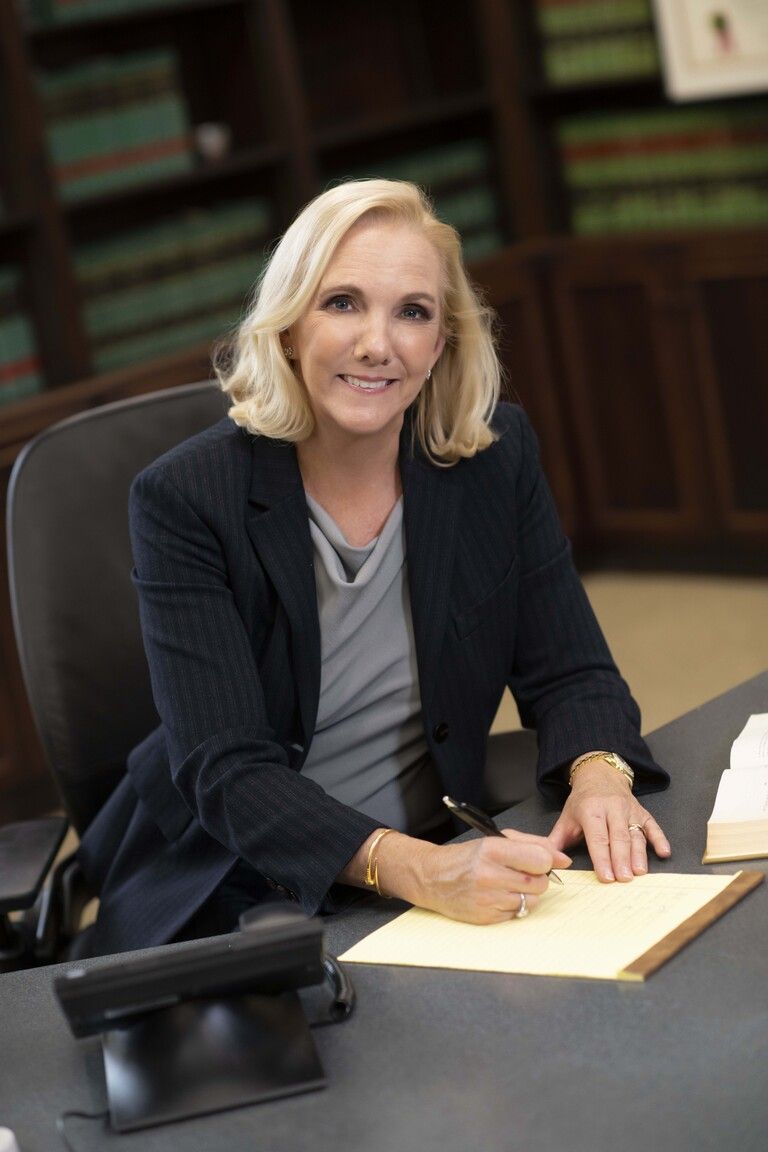How does the goverment decide who gets Social Security Disability Insurance (SSDI)? First, you need to know that SSDI is available when qualifying U.S. workers become totally disabled from working. Second, the Social Security Administration (SSA) determines whether workers are disabled based on a combination of their medical history and an assessment of their realistic job opportunities. And, a vocational expert typically performs the assessment.
What is a vocational expert?
Vocational experts know all about the current job climate and the skills and requirements needed for certain jobs. For example, let’s say this expert determines that your disability would not prevent you from getting a different job. You disagree. Should you be allowed to examine the data the expert used to come to that conclusion? Of course, you’re going to want that data. If the expert won’t share their data, should the expert’s conclusion stand?

The Supreme Court has agreed to hear a case about this question in the upcoming fall term. The case involves a carpenter and laborer who stopped working in 2005. The worker claimed he could not work , because he had Hepatitis C, degenerative disc disease and depression. He applied for SSDI in 2009, but he was turned down in 2010 by the SSA. Next, his initial appeal to the SSA’s appeals council was rejected.
After that, he won a second appeal, which sent the case back to the SSA. On this second consideration, the SSA determined that the worker had become disabled in 2013, not in 2009 or earlier.
Then the worker continued to appeal, but a federal appellate panel upheld the SSA’s 2013 ruling. However, the panel did say that the vocational expert’s testimony didn’t portray the man’s physical limitations fairly.
Fight for the Data
The worker did not give up. In his appeal to the Supreme Court, the man raised the issue of the vocational expert’s underlying data. He had tried to obtain the data, but the expert had refused to share, based on “the confidentiality of her files.” Under this scenario, it is unclear why her files should be held confidential, especially from their subject, the worker. However, the expert still refused to provide the background data even in redacted form.
Now the disabled man asserts that the SSA declined to date his disability back to 2009 based only on the testimony of the vocational expert. In order to obtain the relief, the worker claims he needs to be able to effectively challenge the findings of the vocational expert. Moreover, he cannot do so because she won’t release the underlying materials.
What the Supreme Court Will Consider
Counsel for the SSA has argued that the Second, Sixth and Ninth federal circuits ruled that experts do not need to release the underlying data in order for their conclusions to be relied upon by SSA judges. However, counsel for the worker has argued that the Seventh Circuit ruled the opposite way. Therefore, these contradictory rulings created a “circuit split.” . The Supreme Court will consider these issues when hearing this case in the fall.
Gerling Law is a leading personal injury law firm dedicated to providing aggressive legal representation to individuals and their families. With over 50 years of experience, Gerling Law has helped thousands of people in Indiana, Illinois and Kentucky recover hundreds of thousands of dollars in a wide variety of personal injury and consumer protection cases, including trucking accidents, wrongful death, medical malpractice, nursing home negligence and social security disability. Gerling Law takes pride in the fact that we have never represented insurance companies, hospitals or large corporations and that we fight against powerful companies for our clients.
If you need an experienced, dedicated personal injury lawyer, Gerling Law is here to help. You can always reach us at 888-GERLING (888-437-5464) or through our website at https://www.gerlinglaw.com/
